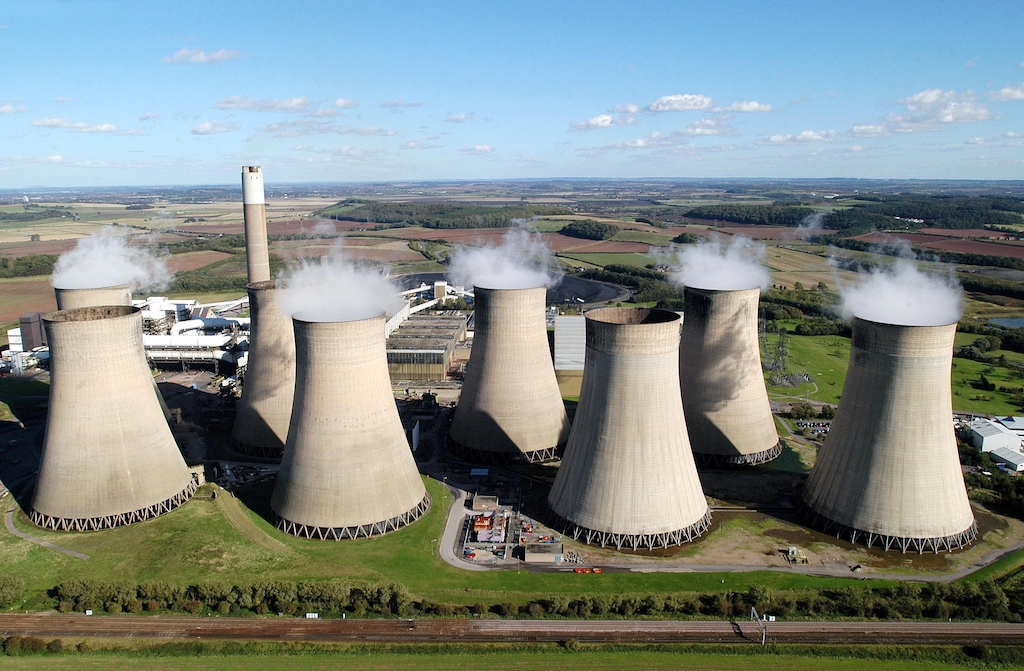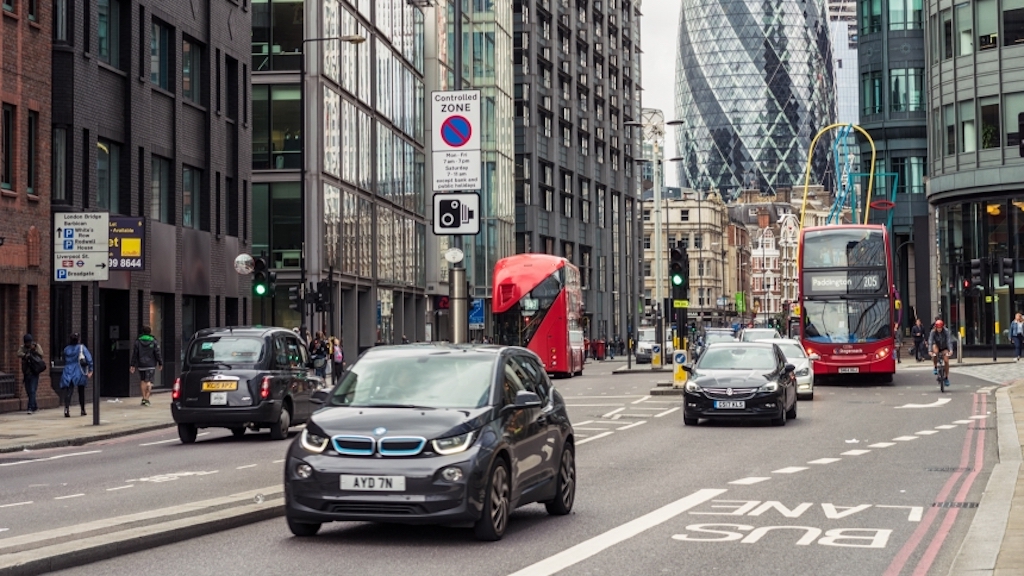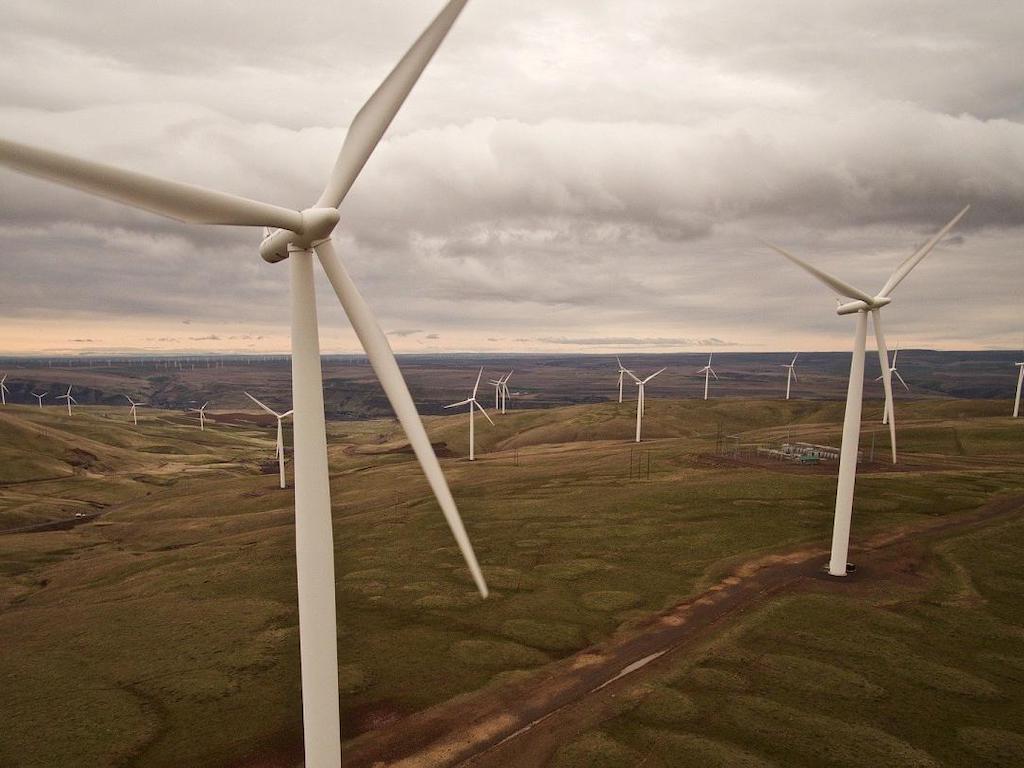4 Mins Read
The U.K. has cut its greenhouse gas emissions at a faster rate than any other rich country since 1990, thanks to their enormous efforts in decarbonising its energy supply. But there will be bigger challenges on the way if Britain hopes to reach net-zero emissions. While emissions have been steadily plummeting, the country will have to tackle its carbon footprint stemming from heat and transport, two notoriously difficult sectors to overhaul.
Greenhouse gas emissions in Britain have dropped faster than other countries of its stature, down by an impressive 44%, according to new statistics released by the Department for Business, Energy and Industrial Strategy (BEIS). By comparison, the emissions put out by other developed nations like Japan, Australia and the U.S. have largely remained unchanged, though some countries like Germany have made bigger strides and are down 29%.
Much of it is down to its success in decarbonising its electricity grid. During the summer of 2020, no coal was burned at all to generate its electricity for a period of more than two months, the first time that has happened in over a century. 138 years to be exact.
But it started long before that, when the Thatcher administration pushed for pro-gas policies, though admittedly only to further her political agenda against the coal mining unions in the 1980s. As a result, the country’s electricity supply had begun shifting to gas, one of the “better” fossil fuel sources that generates around half as much carbon emissions compared to dirty coal.

It sped up further when later governments began introducing anti-coal carbon taxes that made coal so uncompetitive that it effectively minimised its reliance on the worst fossil fuel to just 2% today.
And now, thanks to the plummeting prices of renewable energy sources like wind and more notably, solar, whose prices for setting up solar farms are now so efficient that electricity generation from it will on average cost 177% less than the same electricity produced by a new coal plant, it’s almost inevitable that the the U.K.’s energy mix will only get cleaner.
The picture looks green, but a recent Economist report suggests that the pathway will soon get much muddier, warning: “Britain’s success in decarbonising its grid has not yet translated into progress in these other areas.”
“Zero-carbon electricity is an end in itself, but also a necessary first step to decarbonising other parts of the economy, such as heating and transport. Heat pumps must replace gas boilers; electric motors must replace internal combustion engines,” it continues.
Without action on cleaning up emissions from heat and transport, there’s little hope for the country to get to net-zero, with the latter now representing the biggest source of emissions by industry, and buildings coming in second (primarily due to the heating required, which comes from gas to boil up water in radiators).
Why they pose such a big hurdle is because unlike cutting emissions from energy, tackling the footprint of heat and transport will require enormous overhauls, from changing out actual boilers and reconstructing homes with more efficient insulation to making a mass switch to electric cars and ensuring there’s actually going to be enough charging stations to run them. It’s going to be lengthy, and expensive.

“Where gas helped decarbonise Britain’s grid, it is a hindrance when it comes to heating and transport. That is because Britain has one of the world’s most robust and extensive infrastructures for moving gas around,” writes the Economist feature.
“Decades of investment in the gas grid means that Britain’s electricity grid is not as robust as it needs to be in order to carry the extra power required to replace gas in the heating of Britain’s homes. In order to charge all the cars and run all the heat pumps, the grid will need to be upgraded at a cost of tens of billions of pounds.”
How the U.K. proposes to tackle decarbonising the rest of its economy remains unclear, but the upcoming international climate change COP26 conference, which it will be hosting in Glasgow in November, will be a key moment. It also comes amid the ongoing pandemic, which has offered an opportunity for governments to rethink and reverse its emission trends, especially as they look to restructure and rebuild their economies in a sustainable way.
In a recent report detailing “levers” of change that policymakers should usher in within the realm food systems in order to slash the emissions from food production – which remains an often severely overlooked industry in decarbonisation plans – scientists believe that this window of opportunity is now.
“Efforts to set in motion a ‘green recovery’ will bring questions of sustainability, equity and societal resilience to the fore,” the experts wrote. “Creating new opportunities for joined-up policymaking that affords equal priority to public and planetary health.”
Lead image courtesy of Pixabay.




